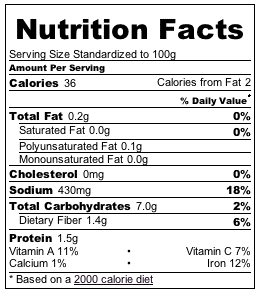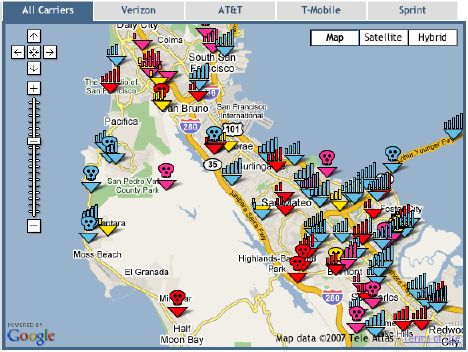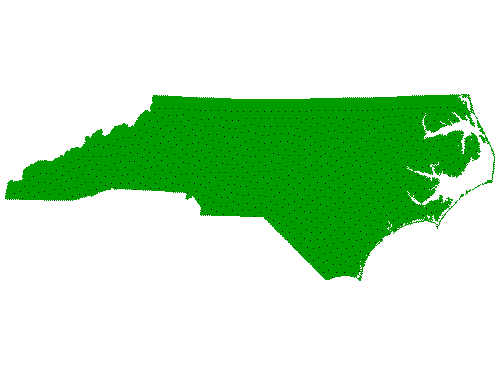The following is a story making the rounds in our parental circle of friends…
A couple visiting one set of grandparents with the first child, a 4 year-old, sit down for a snack. The parents have been working diligently with their child to practice basic manners, the “pleases” and “thank yous” of life. One of the grandparents offers the child chips for a snack, a suggestion met with enthusiasm by the child. The grandparent then brings a bowl of chips to the child.
The child’s mother says “And what do you say?”
The child says “Do you got some salsa?”
Kidding aside, you may remember that 2007 is the year of the diet for me (and I’ll give an update on progress in the next couple of weeks) but today I wanted to share a discovery (in plain sight and in retrospect, an obvious discovery.)
Look at the label below:

As you can see, salsa does have calories, fat, and sodium and although these are small amounts per 100g (3.5 oz – weight, not volume) thus it is not a “free” food. The same is true of mustard, catsup, mayonaise, barbeque sauce, soy sauce, etc. These are so easy to miss/forget I term them “invisible.” So, when you’re counting those calories, don’t forget the salsa!
Hello Readers,
If you happen to subscribe to this blog through RSS, you’ll notice that we changed our feed from a summary view causing you to click to see the whole story to a full post feed. This was changed due to input we had that people hated the summary. The feed address remains the same as does the subscription mechanism. Hope you enjoy the change.
Mike

Do you know a dead spot in your mobile phone network’s coverage? If so, here’s a chance to share it with the world.
Signal Map Beta (their tag line is “Beta is an understatement”) allows you to see network coverage as reported by users superimposed on a Google map. You can zoom it, select all carriers or a single carrier, and add your expertise to the map (you are encouraged to do this, it’s easy and kind of fun.)
This is one of the more useful mashups I’ve seen.

And therein lies the problem with faith-based leadership. We need many more philosophers and could stand to lose a few of the others…
Originally posted at Montara Energy Ventures:


In the past few days, North Carolina and Illinois have joined the 21 other states (and the District of Columbia) in adopting renewable portfolio standards. The basic idea behind an RPS is that a certain percentage of electricity must be delivered by renewable resources within some time frame. The California RPS for instance dictates that 20% of the state’s electricity must come from renewable sources by 2010, presently it’s 14%. Utilities, Municipal Districts, and Direct Access providers are tasked with ensuring the percentage is met and will be fined $50 per MWh for non-compliance up to $25M per entity per year.
North Carolina’s RPS targets a 12.5% RPS by 2021. An interesting twist is that NC is looking to achieve 40% of that through conservation and efficiency. Illinois is a more standard RPS targeting 25% by 2025 with milestones along the way every few years.








